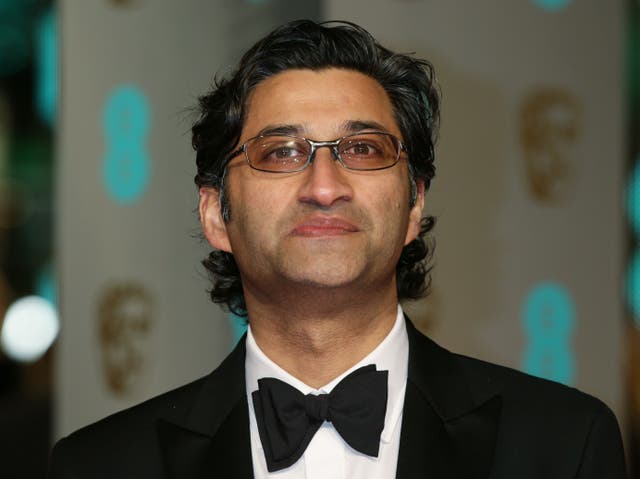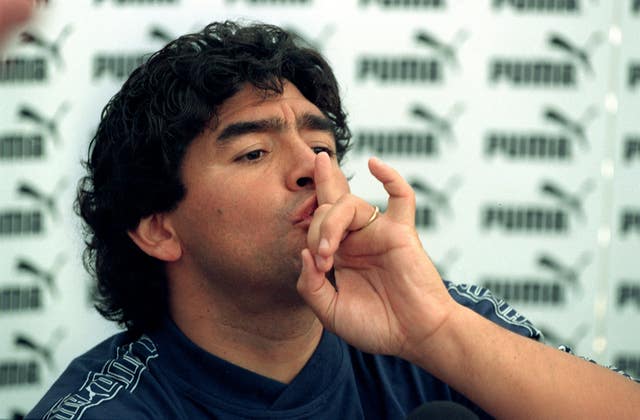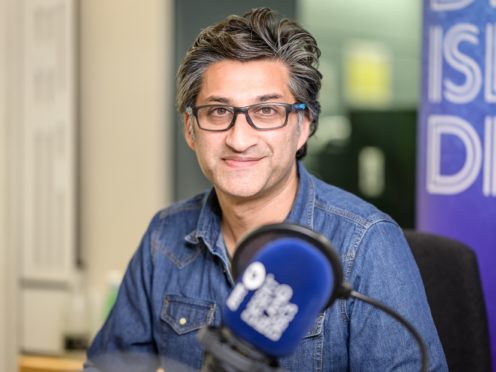Director Asif Kapadia has told how his schizophrenic mother was admitted to a psychiatric hospital for electric shock treatment while he was a teenager.
The Bafta-winning filmmaker behind the documentaries Amy, Senna and Diego Maradona, was born in London to an Indian Muslim-British family.
During an appearance on Desert Island Discs, he said no-one outside of his family had known about his mother’s illness.

He described his mother as “a wonderful person” who “looked after loads of people” but said his three sisters ran their household.
Asked whether he received any support from outside of his family, he said: “Personally, no.
“The honest truth is that while my GCSEs were going on, at the same time my mum was in a hospital, in a mental hospital, having electric shock treatment.
“I never spoke to anyone. You didn’t go to your teachers or talk to your friends about any of that stuff.
“It was an interesting thing because it made me realise I really couldn’t care less about exams. I don’t want to be judged on one day if I have got something going on at home.
“So I made a pact to myself that I’m never going to sit another exam ever again – and I never have.”

Kapadia also revealed that Maradona had refused to watch the documentary about his life.
The film, which was released in June, focused primarily on Maradona’s time at Napoli, where he led the down-at-heel Italian club to two national league titles in 1987 and 1990.
Kapadia said: “I have shown it to his family, his ex-wife, his girlfriends, his children, his trainer.
“You can see where I am going here. Everyone but the big man himself, who refused to see it.
“He was too busy, wasn’t feeling great, didn’t come to Cannes. But that’s just so Diego Maradona.

“You make a film about him and the one person who is alive couldn’t care less about the movie.
“He will see it at some point. We will hear about it on Instagram. That’s the only way I will find out about what is going on.”
Kapadia attended Homerton House school in Hackney, before Newport Film School, and said growing up in east London during Margaret Thatcher’s premiership was “rough”.
He added: “It was character building. Just surviving the trip to school and getting home was a big thing. We are talking about Thatcher times.
“So care in the community, which meant shutting down mental hospitals. We had to get past all these people who were obviously mentally unstable just to get to school.
“It wasn’t unusual to have to pass someone with a hammer who was swinging it at you while you were trying to go to school.”
His selections on the programme included tracks such as Tears Dry On Their Own by Amy Winehouse and Good Times by Chic.
Asif Kapadia on Desert Island Discs airs on BBC Sounds and BBC Radio 4 on Sunday at 11.15am.
